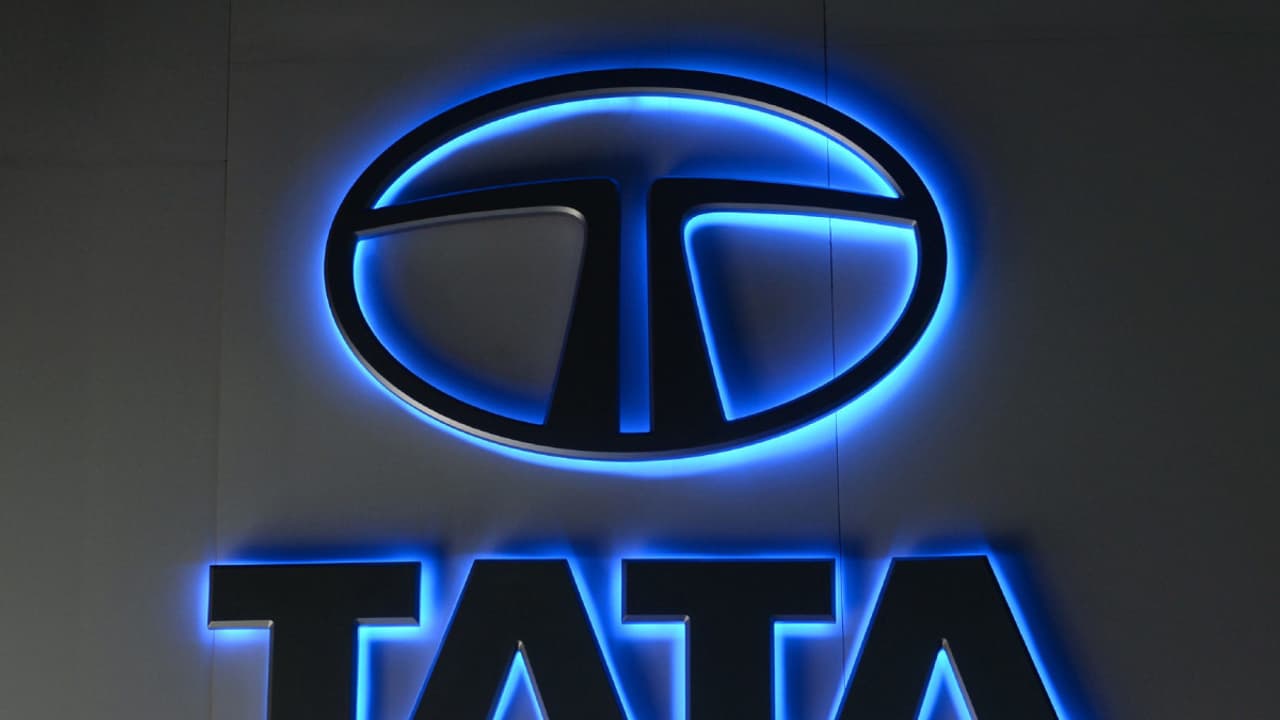The Indian government has intervened in an internal conflict at the Tata Group, urging leadership to restore stability. Top ministers met with Tata Trusts and Tata Sons chairmen, advising a discreet resolution to a growing board-level rift.
India’s most respected conglomerate, the Tata Group, is once again in the spotlight, but this time for reasons beyond business. The government has reportedly stepped in, urging the group’s top leadership to “do what it takes” to restore stability within Tata Trusts and its parent company Tata Sons Pvt. Ltd., after tensions surfaced at the highest levels of the organization.
According to reports, Tata Trusts Chairman Noel Tata and Tata Sons Chairman Natarajan Chandrasekaran met Union Home Minister Amit Shah in New Delhi on Tuesday evening. Finance Minister Nirmala Sitharaman also joined the 45-minute meeting, where concerns over the ongoing rift were openly discussed.
Officials aware of the talks said the government is “deeply concerned” about the internal conflict within Tata Trusts spilling into the functioning of Tata Sons, a company that anchors some of India’s most influential businesses.
Government’s Message: Solve It Quietly
The government’s message to the Tata leadership was clear — handle the matter “internally and discreetly.” With Tata Trusts holding nearly 66% of Tata Sons, the conglomerate’s influence over India’s corporate landscape is immense. Any instability, officials reportedly said, could have wider economic implications.
“The Tata Group isn’t just another business house, it’s an institution. The expectation is that such internal disputes are resolved quietly,” said a person familiar with the matter.
A House Divided: Tata Trusts Split Into Two Camps
What began as a board disagreement has now grown into a visible divide within Tata Trusts, which plays a key role in shaping the direction of Tata Sons. Reports suggest the board is now split vertically, one faction aligned with Noel Tata, and another led by Mehli Mistry, who is linked to the Shapoorji Pallonji (SP) Group, the largest minority shareholder in Tata Sons with an 18.37% stake.
The bone of contention appears to be board seats at Tata Sons, which controls over 400 companies, including 30 listed entities across diverse sectors. The disagreement reportedly intensified after a meeting on September 11, when former Defence Secretary Vijay Singh was voted out of the Tata Sons board. Four out of seven trustees opposed his continuation.
Inside the Boardroom Battle
According to reports, the Tata Trusts board is now divided into two clear groups:
Noel Tata, Venu Srinivasan, and Vijay Singh on one side.
Mehli Mistry, Darius Khambata, Pramit Jhaveri, and Jehangir H.C. Jehangir on the other.
The faction led by Mehli Mistry reportedly feels that the Tata Trusts’ nominees on the Tata Sons board, Noel Tata, Srinivasan, and Singh, have not been transparent enough about key developments. Although Singh continues as a trustee, his removal from Tata Sons appears to have set off the current storm.
Vacancies and Key Decisions Ahead
The timing of the dispute couldn’t be more delicate. Tata Sons is currently in talks with the Reserve Bank of India (RBI) to retain its private company status, even as it negotiates a potential exit plan for the Shapoorji Pallonji Group.
With several directors set to retire or step down, three to four seats on the Tata Sons board are expected to open soon — decisions that will require consensus from the divided Tata Trusts.
Currently, the board includes Chairman N. Chandrasekaran, Noel Tata, Venu Srinivasan, Harish Manwani of HUL, and Group CFO Saurabh Agrawal. Others like Ralf Speth (Jaguar Land Rover) and Ajay Piramal are likely to vacate their seats in the coming months due to superannuation, while Leo Puri resigned earlier this year.
A key meeting on October 10 is expected to decide whether Venu Srinivasan will continue as Tata Trusts’ nominee.
A Legacy Tested
For the Tata Group, synonymous with trust, ethics, and nation-building, the current turbulence is being watched closely, both by the government and by industry watchers.
“This is not just about corporate governance; it’s about the legacy of one of India’s oldest and most respected business families,” said a Mumbai-based market analyst.
The group last faced such turbulence in 2016, when the sudden removal of Cyrus Mistry as chairman led to a prolonged legal and public battle. This time, both the government and the markets hope that the Tata family can once again resolve its differences — quietly, and in the spirit of the values the group has long stood for.
